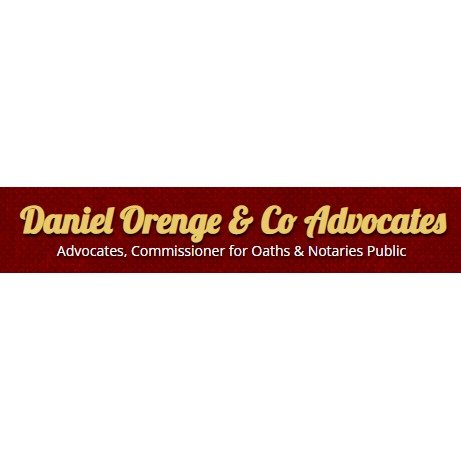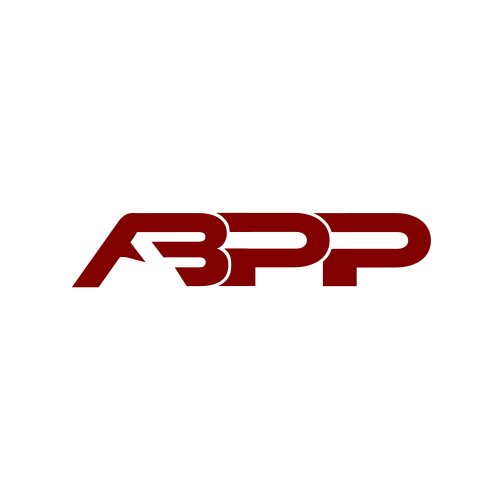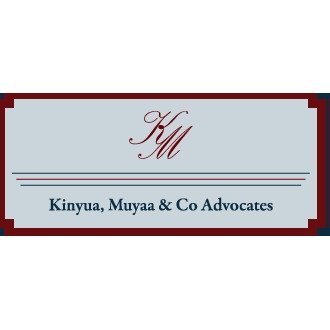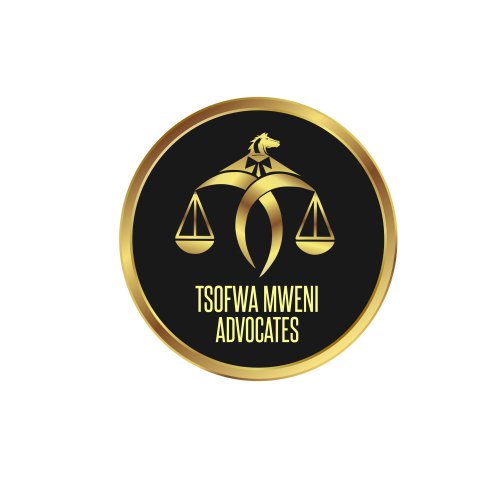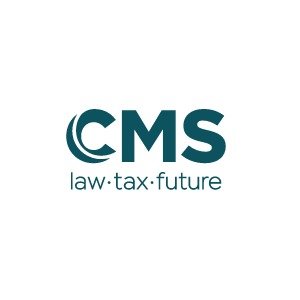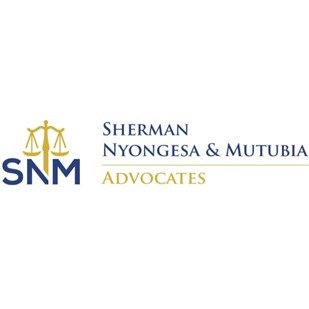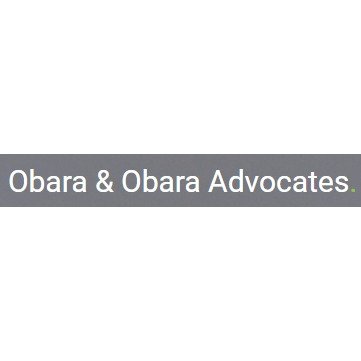Best International Trade Law Lawyers in Mombasa
Share your needs with us, get contacted by law firms.
Free. Takes 2 min.
List of the best lawyers in Mombasa, Kenya
Legal guides written by Adroit Law LLP:
- Kenya Launches Digital Nomad Visa: A Gateway for Remote Workers
- Navigating the Payment System License Maze in Kenya
- Navigating the Complexities of Mining Licenses and Permits in Kenya: A Look into Artisanal and Large-Scale Operations
About International Trade Law in Mombasa, Kenya
International Trade Law in Mombasa, Kenya plays a crucial role in facilitating and regulating trade across Kenyan borders, especially given Mombasa's status as the country's largest port city. The legal framework governing international trade includes regulations on imports and exports, customs tariffs, trade agreements, and dispute resolutions. Mombasa serves as a gateway for trade not only for Kenya but also for neighboring East African countries, making it an essential hub for businesses involved in international trade.
Why You May Need a Lawyer
Legal assistance in the realm of International Trade Law can be important for several reasons:
- Understanding and complying with customs regulations to avoid penalties.
- Navigating complex trade agreements or disputes that may arise with international partners.
- Advising on tariffs and duties to optimize logistics and cost-efficiency.
- Ensuring compliance with international trade standards and practices.
- Facilitating negotiations or mediations in cross-border transactions.
- Addressing issues related to import/export licenses.
Local Laws Overview
Mombasa, like the rest of Kenya, is governed by several key laws pertinent to international trade:
- East African Community Customs Management Act: This act enforces customs laws and regulations across the East African Community (EAC), crucial for traders operating in this region.
- Kenya's Trade Mark Act: Provides guidelines on the registration and protection of trademarks affecting international branding and trade.
- Kenya's Blueprint for an Export-Led Economy: A policy focused on diversifying and promoting exports, including incentives and regulations for businesses engaging in international trade.
- Customs and Excise Act: Governs the duties and levies applicable to goods imported or exported from Mombasa, including exemptions and remissions.
Frequently Asked Questions
1. What is the first step in resolving a trade dispute in Mombasa?
The first step is to seek legal counsel to understand the basis of the dispute. Alternative Dispute Resolution (ADR) methods such as mediation or arbitration are often recommended.
2. How do I verify compliance with Kenyan import regulations?
Consult with a trade lawyer to verify documentation and regulatory compliance. Additionally, check requirements with the Kenya Revenue Authority.
3. Are there any local tax incentives for exporters?
Yes, the Kenyan government provides various tax incentives to promote exports, including exemptions on specific raw materials and income tax concessions.
4. What are the penalties for non-compliance with customs regulations?
Penalties include hefty fines, seizure of goods, and potential legal action, which is why it's critical to comply with all regulations.
5. Can I register my foreign business trademark in Kenya?
Yes, trademarks can be registered with the Kenya Industrial Property Institute (KIPI) to protect intellectual property rights within Kenya.
6. How are tariffs and duties calculated in Mombasa?
Tariffs and duties are calculated based on the value, origin, and classification of the goods, following the EAC Custom Tariffs schedule.
7. What are the common barriers to trade I should be aware of?
These may include tariffs, import quotas, licensing regulations, and intricate documentation requirements.
8. How does one apply for an import/export license?
Applications for an import/export license must be submitted to the Kenya Revenue Authority, often requiring specific documentation and adherence to regulations.
9. What is a bill of lading, and why is it important?
A bill of lading is a legal document between the shipper and carrier detailing the type, quantity, and destination of goods being carried, serving as an essential record for customs clearance.
10. Are there specific quality standards for imported goods?
Imported goods must meet the standards set by the Kenya Bureau of Standards, ensuring quality, safety, and adherence to local regulations.
Additional Resources
For further assistance on International Trade Law in Mombasa, you may consider reaching out to:
- Kenya National Chamber of Commerce and Industry: Programs and networking for businesses engaged in trade.
- Kenya International Freight and Warehousing Association: Offers logistical support and advice for trade-related operations.
- Kenya Revenue Authority: Key regulatory body on customs, tariffs, and taxation.
- Mombasa Law Society: A professional body that can connect you with experienced trade lawyers.
Next Steps
If you require legal assistance for matters relating to International Trade Law in Mombasa, consider the following steps:
- Consult a Specialist: Reach out to a lawyer specializing in International Trade Law for personalized advice.
- Prepare Documentation: Ensure all necessary trade documents and contracts are in order for legal review.
- Engage with Trade Bodies: Connect with local trade bodies for support and networking opportunities.
- Seek Continuous Updates: Stay informed about changes in trade laws and regulations affecting your business.
Taking these steps can help safeguard your interests and ensure compliance with Mombasa's trade laws.
Lawzana helps you find the best lawyers and law firms in Mombasa through a curated and pre-screened list of qualified legal professionals. Our platform offers rankings and detailed profiles of attorneys and law firms, allowing you to compare based on practice areas, including International Trade Law, experience, and client feedback.
Each profile includes a description of the firm's areas of practice, client reviews, team members and partners, year of establishment, spoken languages, office locations, contact information, social media presence, and any published articles or resources. Most firms on our platform speak English and are experienced in both local and international legal matters.
Get a quote from top-rated law firms in Mombasa, Kenya — quickly, securely, and without unnecessary hassle.
Disclaimer:
The information provided on this page is for general informational purposes only and does not constitute legal advice. While we strive to ensure the accuracy and relevance of the content, legal information may change over time, and interpretations of the law can vary. You should always consult with a qualified legal professional for advice specific to your situation.
We disclaim all liability for actions taken or not taken based on the content of this page. If you believe any information is incorrect or outdated, please contact us, and we will review and update it where appropriate.






